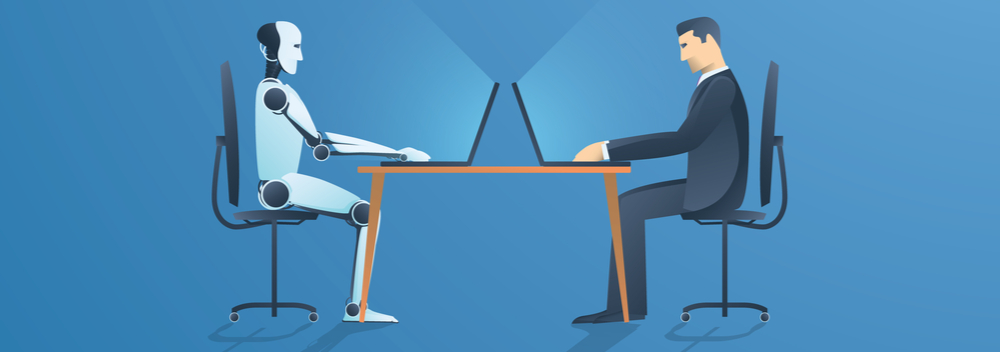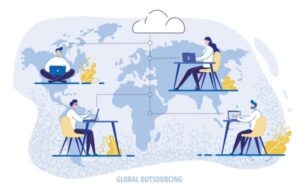Managing digital disruption in the workplace: Cyrus Gilbert-Rolfe, SocialChorus
- 4 Min Read
HRD Connect spoke to Cyrus Gilbert-Rolfe, Managing Director EMEA, SocialChorus about the many cultural and leadership challenges that lie ahead in the face of digital disruption.
- Author: Louron Pratt
- Date published: Jul 30, 2019
- Categories

The digital age is continually impacting the work landscape, which has forced companies to adapt to new working styles and employee expectations. Many challenges lie ahead for businesses wanting to keep their workforce engaged, as well as attracting and retaining the right talent through continuous stages of digital disruption. To find out more about the impact of technological advances on workforces, HRD Connect spoke to Cyrus Gilbert-Rolfe, Managing Director EMEA, SocialChorus.
Why is there a demand for digital changes to be advanced in the workplace?
We spend our lives working through different ideas of how to engage people that are influenced by the consumer experience. Outside of work, we’re living in this digital dream where we do everything we want to do instantly, such as booking a plane ticket, talking to friends, or reading the news. These things are immediately available which are customised and tailored to us, and are always there. Then people get to work, and their digital experience drops dramatically. This means that normal work-based challenges feel difficult because people are used to things being entirely personalised to them.
What can companies do to improve the digital experience for their workforce?
We still make things too difficult in the workplace. I met two people who were finishing a mortgage application, and just finding their payslip was troublesome. You would expect to talk to someone over the phone and access your last three payslips easily, however, this isn’t the case for most organisations.
What we’re seeing is growth in artificial intelligence and machine learning, trying to interpret and predict what people want to do. Companies in retail have been trying to create a single experience in multiple channels over the past 20 years, so if you’re on the website, on your phone or in a store, everything looks and feels the same.
A lot of companies still need to create tools to let you book holidays or access your payslip and put it all into one place, then tailor it to the individual. AI is brilliant for that because it can look at the specific behaviour of the individual and adapt to their character. Doing this will create a better experience for the employee and improve their relationship with their company.
Are there any challenges for companies looking to adapt to these changes in digital technology?
The main challenge is the number of distractions that we have. For example, we’ve found that shifts towards an open-plan office have negatively impacted people’s concentration. If you work in an environment where you look available people naturally come and talk more frequently without considering whether you’re free to talk.
In my opinion, having a smartphone has made people less intelligent, especially if you have your notifications turned on. It means that your concentration gets so fractured around all different kinds of distractions. That’s a very difficult environment to get important messages through, because there’s so much noise. The next generation of communication tools needs fix that.
Do you think that technology has a negative impact on workplace culture?
The idea of leaders, managers, and strategies all being accessible to me as and when I choose is a huge positive. However, a lot of the quality work of teams and companies are heavily dependent by digital advancements. When I look at the process of what’s going on inside my company, there are 60 people that are working in engineering, and salespeople relying on a digital process for every discussion they have. When implementing technology, you must take the rough with the smooth, but if you don’t have the discipline to manage those distractions that come with technology, then you end up with a sense of emptiness around everything that you’re doing.
What can HR professionals do to ensure these changes to the workplace are as positive as possible?
There is a big responsibility for HR to find a way of measuring what strategies are working well with their workforce, as well as focusing on the outcomes that they want. If you have a very clear picture of the goals that you’re trying to achieve and an interdependent view on how you’re going to work with your colleagues to do that, then you’re much more likely to be happier and be more productive in your work. However, if these goals aren’t set then it will make it more difficult to overcome technological distractions.


